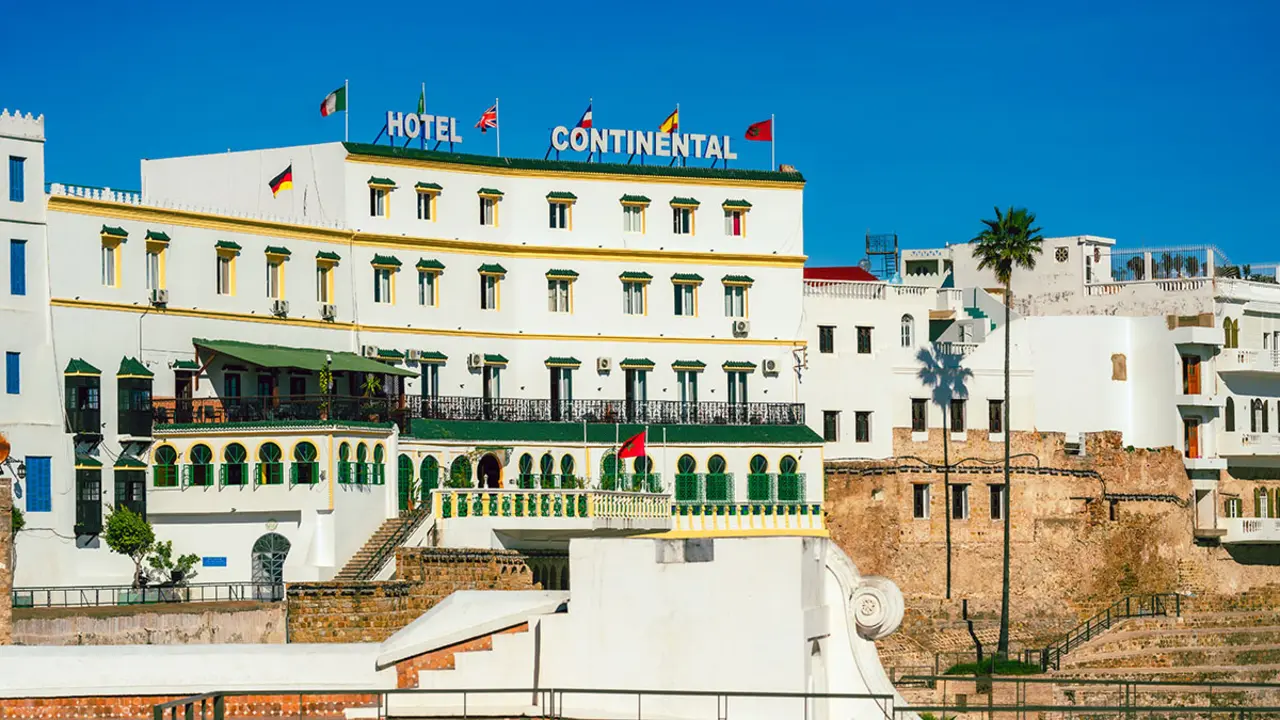Libya announces the reopening of the Al-Fil oil field

The National Oil Company of Libya (NOC) announced today the lifting of the "force majeure" status in the Al-Fil field, the second largest in the West and key to the energy supply in the capital, which has been subject to continuous power, city gas and water cuts for months.
The announcement comes just three days after the local oil company Al-Waha, a subsidiary of the NOC, announced the end of the "force majeure state" in the oil ports of Sidra and Ras Lanuf, the most important in the Gulf of Sirte, the heart of the Libyan oil industry.
And it is part of Libya's strategy to recover the 800,000 barrels of crude oil per day, and the million units at the beginning of December, after more than eight months of blockade.
Both announcements are part of the consequences of the signing of a ceasefire agreement of 23 October between the rival governments in the east and west of Libya, negotiated by the UN in the Swiss city of Geneva.
This agreement furthermore includes the departure of all foreign mercenaries within 90 days and the suspension of all military and security cooperation projects signed with other countries; these conditions have been rejected by Turkey, one of the nations that most interfered in the multinational war in Libya together with Russia, the United Arab Emirates, Qatar, France, Italy and Russia.

The agreement, reached after four days of intense negotiations in the framework of the 5+5 military committee, includes a plan for the "restructuring" of the Oil Facilities Guard, the militia that controlled the Gulf of Sirte and had an agreement with the unacknowledged government in the east, which is supervised by Marshal Jalifa Haftar.
The militia itself had blocked the oil installations and forced the NOC to decree "a state of force majeure" in February at the height of the offensive of the UN-supported National Accord Government militias in Tripoli (GNA) against Haftar's forces, which had been besieging the capital since April 2019.
Supported by Turkey and Syrian mercenaries sent from Ankara, the ANG militia managed to recover a large part of the lost territory and to make Haftar's militias retreat to the axis formed by the coastal city of Sirte and the oasis of Al-Jufrah, the current front line.
The "force majeure state" not only sunk Libya's oil industry below 100,000 barrels of oil per day; it also exacerbated the cuts in electricity, natural gas and running water that the country has been suffering from since NATO contributed militarily to the victory of the heterogeneous rebel groups over the Muammar al-Gaddafi dictatorship in 2011.
At the time of the tyranny, Libya produced around 1.8 million barrels per day. The announcement of the reopening of the ports of Sidra and Ras Lanuf today influenced the fall in the price of oil on the stock exchange.








